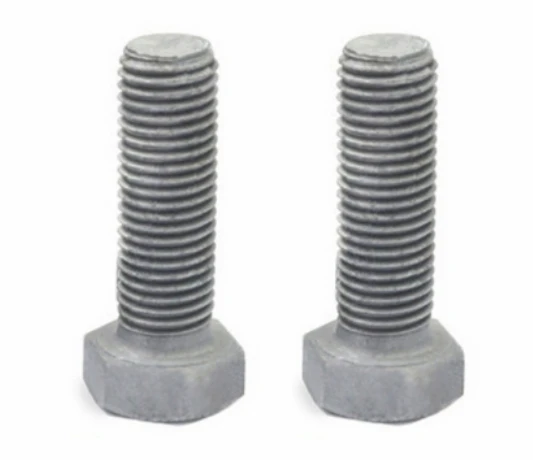

self tapping sheet rock screws
Nov . 21, 2024 15:59 Back to list
self tapping sheet rock screws
The Versatility of Self-Tapping Sheet Rock Screws
Self-tapping sheet rock screws, also known as drywall screws, are essential components in the construction and renovation of residential and commercial spaces. These screws have revolutionized the way drywall is installed, offering ease of use, efficiency, and durability. Understanding their design, applications, and benefits can help both professionals and DIY enthusiasts effectively utilize these fasteners in their projects.
Design and Features
Self-tapping sheet rock screws are typically made from steel, providing the strength required to firmly hold drywall sheets in place. They are characterized by a sharp, pointed tip that allows them to penetrate into gypsum board without the need for pre-drilling. This design feature not only expedites the installation process but also minimizes the potential for damaging the drywall.
The threads of these screws are designed to provide maximum grip in the material, ensuring a secure hold without stripping. There are two main types of threads coarse and fine. Coarse threads are ideal for attaching drywall to wood studs, while fine threads are best suited for metal studs. Additionally, self-tapping screws often come with a corrosion-resistant coating, making them suitable for various environments, including areas with higher humidity.
Applications
The primary use of self-tapping sheet rock screws is in the installation of drywall. They are ideal for securing drywall to wood or metal framing, creating a flat, smooth surface that is ready for finishing. Beyond just drywall, these versatile screws can also be used in various other applications, such as attaching cement board, plywood, or other types of sheathing.
In commercial settings, self-tapping screws are frequently employed in the construction of partitions and ceilings. Their ability to penetrate various materials makes them perfect for use in prefabricated wall systems and modular assemblies.
Benefits
self tapping sheet rock screws

The use of self-tapping sheet rock screws provides several advantages
1. Speed of Installation The self-tapping nature of these screws allows for quicker installation compared to traditional screws that require pre-drilling. This efficiency is particularly beneficial for large projects where time is of the essence.
2. Ease of Use Even individuals with minimal experience in construction can use self-tapping screws effectively. Hand or power tools can drive these screws with ease, making them accessible for DIY projects around the home.
3. Strong Hold The robust threading and sharp tip increase the holding power, reducing the risk of the screw loosening over time. This is particularly important in high-traffic or high-stress areas where stability is crucial.
4. Cost-effectiveness Self-tapping sheet rock screws are generally inexpensive, offering a cost-effective solution for drywall installation and other applications. Their durability also means fewer replacements over time, ultimately saving on repair and maintenance costs.
5. Versatility Available in various lengths and sizes, self-tapping screws can be adapted for different tasks, enhancing their appeal for any construction project.
Conclusion
In summary, self-tapping sheet rock screws are an indispensable tool in both professional and DIY construction projects. Their unique design allows for quick, easy, and secure attachment of drywall to various substrates, making them a preferred choice for many builders and renovators. Thanks to their speed, ease of use, strong hold, cost-effectiveness, and versatility, these screws have cemented their place as a staple in the toolkit of anyone looking to undertake a building project.
Whether you're a seasoned contractor or a beginner tackling home repairs, understanding and utilizing self-tapping sheet rock screws can significantly enhance your effectiveness on the job, ensuring that your projects stand the test of time.
Latest news
-
Similarities and Differences Between Plain Washer and Spring Washer - Fastener Comparison Guide
NewsJun.10,2025
-
Effortless Installation Self-Drilling Window Screws - Fast, Secure, and Durable Fasteners
NewsJun.10,2025
-
Self Drilling Stucco Screws for Fast, Secure Installation Self Tapping & Self-Tapping Fasteners
NewsJun.10,2025
-
Premium Hot Dipped Galvanized Self Tapping Screws - Durable Corrosion Resistance
NewsJun.09,2025
-
Discover M12 Weld Stud Benefits & Applications Guide
NewsJun.09,2025
-
M25 Stainless Steel Washers High-Durability Fasteners for Corrosion Resistance
NewsJun.09,2025

